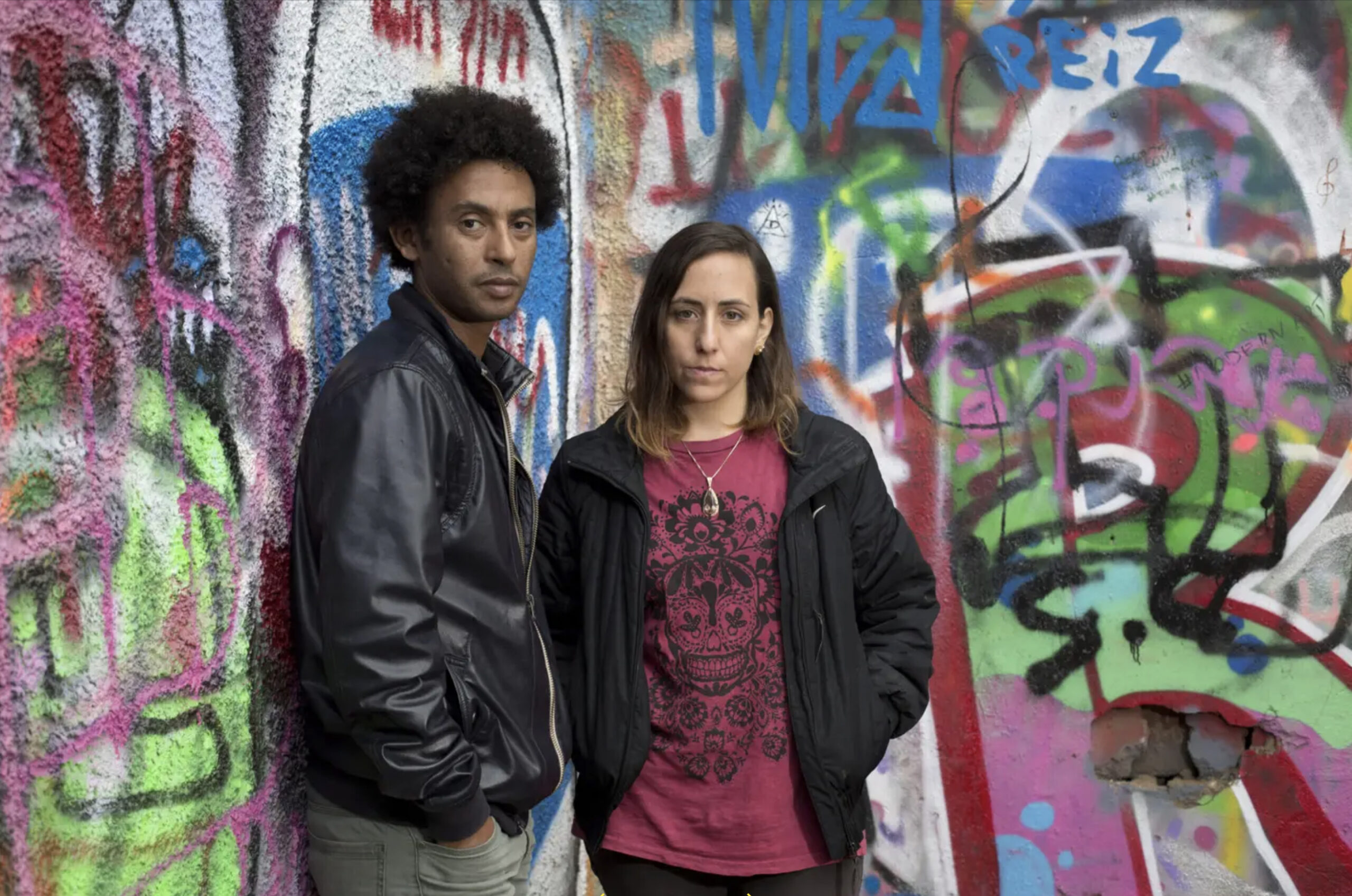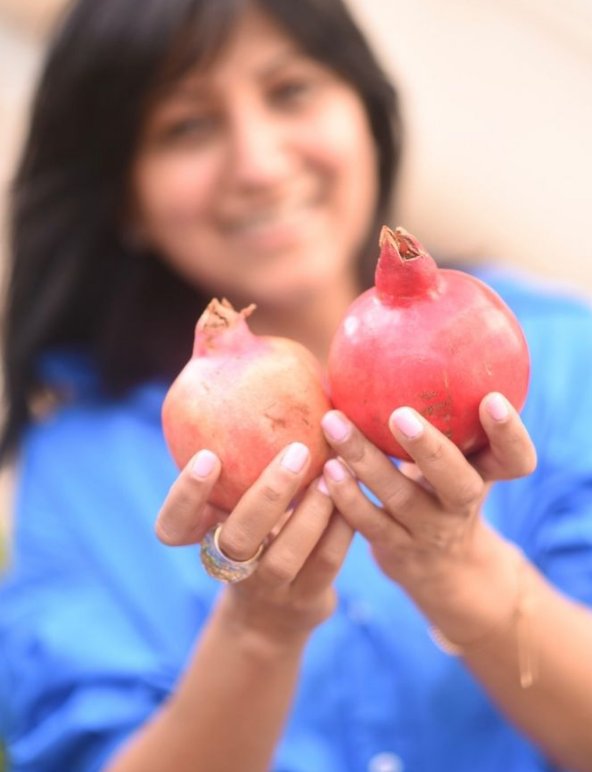I can’t remember a time when I did not wear my special kippah. Dyed with shades of blue, you can tell it was made with care. I never really thought about where it came from, but when it came time to have my bar mitzvah, I looked a little closer and learned this kippah was made by hand by Ugandan Jewish women. I was not aware that there was a Jewish community in Uganda, but I have come to value and connect with this fascinating community.
The Abayudaya of Uganda stand out in the global Jewish community. In 1919, English missionaries came to Uganda and gave Ugandan communities copies of the Christian Bible. One tribe read the Bible, but only the first half, the Torah, appealed to them. They decided to live by the Torah, and they named themselves the Abayudaya, the Children of Judah. They followed commandments, they kept kosher, and they prayed in their native language. They did what was natural and meaningful for them. They found their Judaism.
Being Jewish is all about interpreting Judaism in your own meaningful way. I feel that Judaism is as much of an ideology and a culture as it is a religion. Learning the story of the Abayudaya makes me remember that Judaism is universal. Anyone can be a Jew, and they can pray and observe however they want. That’s the beauty of Judaism. Being Jewish means being true to yourself. Through intense study of ancient texts, or everyday self-reflection, you can find the truth about yourself and the world.
It is amazing that they were not even aware that they were celebrating Judaism. They interpreted the Torah in a way that was natural for them, which, in my opinion, is what Judaism is all about. Later, they were introduced to more traditional rabbinic Judaism, but they still have their own unique brand and flavor of Judaism with unique music and religious customs. Another piece that interested me is that in 1970, when dictator Idi Amin came into power, Judaism was outlawed. Jews practiced in their homes, reciting prayers and psalms in soft whispers. When Amin was overthrown in 1979, the Abayudaya rejoiced, holding open services and celebrations for the first time in nearly a decade.
Even when oppressed and subjugated, the Abayudaya held fast to their beliefs. They celebrated their Judaism, and they wouldn’t let anyone take that away from them. This inspires me, because the Abayudaya and countless other communities fight every day to keep their traditions alive. It makes me grateful to live in the United States, where Jews are able to be Jewish without fear.
But we also have an obligation as Jews to help our fellow Jews and we have an obligation as Americans to help those who are less fortunate. Which is why when I heard about the famine in East Africa, I wanted to help raise money and awareness.
Learning about the Abayudaya and having the opportunity to help people across the world has added to my understanding of what it means to be Jewish. Being Jewish means helping other people and being a mensch and sticking by your Jewish beliefs no matter what.







